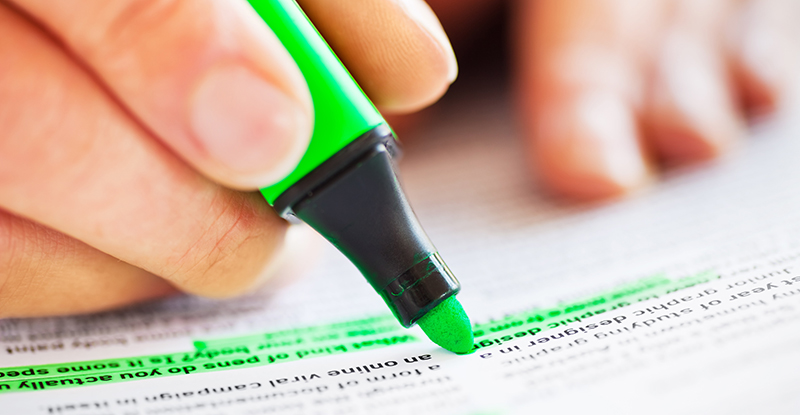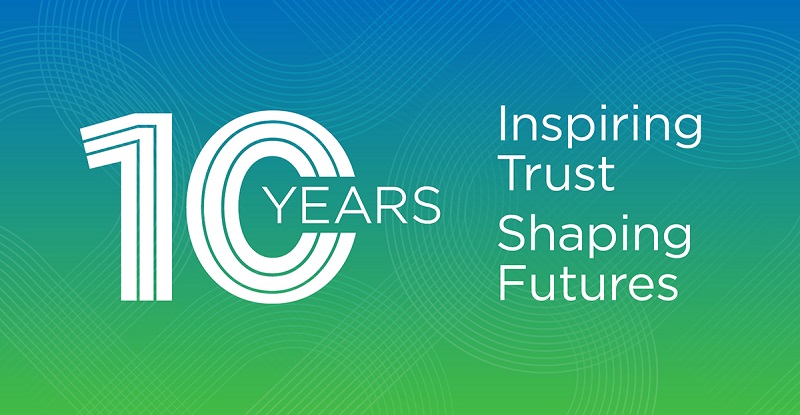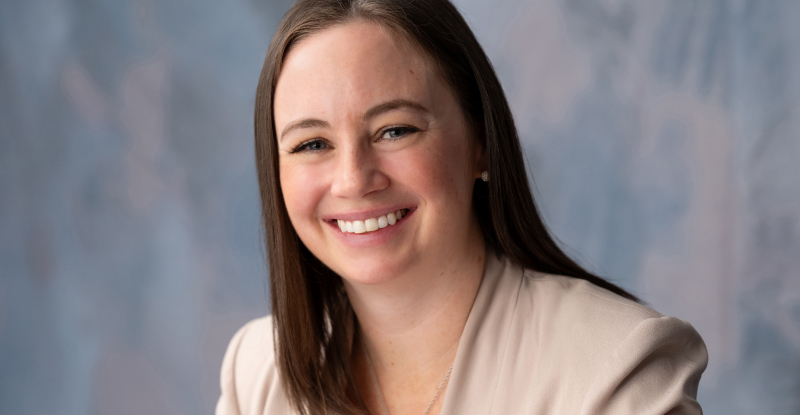
Think your work has been stolen?
Avail yourself of a free plagiarism checker online or simply enter your content in a search engine and see what comes up. If you think someone has plagiarized your work or breached your copyright:
- CPA members should contact CPABC.
- CPA candidates should contact CPAWSB.
CPAs in British Columbia are bound by the CPABC Code of Professional Conduct (CPA Code), which prohibits plagiarism—both intentional and unintentional (i.e., inadvertently failing to cite or credit an original source properly). While there are nuances to plagiarism, it essentially means stealing another person’s work or ideas and passing them off as your own.1 Accordingly, the act of plagiarism is a serious breach of professional integrity, especially when done intentionally.
There are other good reasons for the accounting profession to take the issue of plagiarism seriously:
- It has a negative impact on the originator of the work, as they are not properly credited or compensated for their efforts.
- It obscures the origins of good ideas. Intellectual writing is often developed or built on existing ideas, and it is useful for readers to be able to trace these ideas back to their roots.
- It limits the learning process, particularly in an academic setting, when done intentionally. Individuals who plagiarize the ideas and words of others deny themselves the opportunity to fully develop their own creativity and critical thinking skills.
Rules against plagiarism in the CPA Code
Rule 205 of the CPA Code (False or misleading documents and oral representations) states that registrants2 must not sign or associate with false or misleading information. The guidance to Rule 205 states that “plagiarism and other forms of academic dishonesty are examples of association with false or misleading representations.”
Depending on the situation, the following rules may apply:
- Rule 201.1 (Maintenance of the good reputation of the profession) states that a registrant must act “in a manner which will maintain the good reputation of the profession and serve the public interest.”
- If the plagiarism is committed in the course of providing professional services, Rule 202.1 (Integrity and due care) may apply. It states that a registrant must “perform professional services with integrity and due care.”
- Rule 213 (Unlawful activity) states that a registrant must not “associate with any activity that the registrant knows, or should know, to be unlawful.” Rule 213 may apply in cases where plagiarism results in a breach of the Copyright Act of Canada (see sidebar).
Plagiarism and the CPA candidate
All candidates in the CPA Professional Education Program (CPA PEP) are required to sign the “CPA PEP Candidate Training Contract,” which defines plagiarism as follows:3 “Plagiarism is a breach of professional conduct. Plagiarism is theft, as it involves claiming the ideas or writings of another as one’s own. Plagiarism is a serious offence that breaches a Chartered Professional Accountant’s core values of integrity and professionalism.”
With the explosion of information available on the Internet in recent years, it has never been easier to find, use, and plagiarize information for virtually any purpose. At the same time, however, it has also become much easier to detect plagiarism—sophisticated software now exists that is able to root out plagiarized information quickly and with surprising thoroughness. The CPA Western School of Business (CPAWSB) uses such software and refers cases of candidate plagiarism detected through this method to CPABC.
Recently, serious cases of plagiarism have resulted in candidates’ suspension from CPA PEP for significant periods. Candidates have been suspended for:
- Surreptitiously copying the work of another candidate by unauthorized access to their computer;
- Surreptitiously photographing the work of another candidate, copying it, and then submitting it as their own;
- Facilitating the plagiarism of another candidate by providing them with the solutions to assignments;
- Exploiting the weak data controls of another candidate’s smartphone to copy their answers to written assignments; and
- Copying online solutions circulated on answer-sharing websites and through social media.
When a CPA candidate is suspended from enrolment as a student of CPABC, they are no longer eligible to register for any CPA PEP modules and automatically fail any course that was related to their plagiarism. Additionally, any practical experience they gain during the period of suspension will not be recognized by CPABC.
Plagiarism and the CPA
Plagiarism is not restricted to academia. It can occur in any professional setting or context, encompassing everything from articles to presentations to websites.
Accordingly, plagiarism complaints have not been limited to CPA candidates. CPABC has received complaints from members alleging that other CPAs have plagiarized their work in the course of providing professional services. CPABC has taken disciplinary action against CPAs for:
- Taking manuals, templates, and sample documents from previous employers for use in their next employment role or practice; and
- Copying the content of another CPA’s website.
Committing plagiarism can have serious consequences for a CPA, damaging their reputation and career; depending on the context, it can also have legal repercussions.
Stay onside
As described in the preamble to the CPA Code, professional behaviour is a fundamental principle of the CPA profession. It may be tempting to take shortcuts when it comes to crediting creators for their intellectual or artistic efforts, particularly when facing deadlines, but there really is no excuse for plagiarism. Proper attribution is required of any individual who is a member of the CPA profession and any candidate who aspires to become one.
Copyright considerations
According to the Canadian Intellectual Property Office, copyright gives the creator “the sole right to produce or reproduce a work or a substantial part of it in any form,” and “provides protection for literary, artistic, dramatic or musical works (including computer programs) and other subject-matter known as performer’s performances, sound recordings and communication signals.”1
At first glance, these works may sound far outside the scope of accounting, but it’s important to note that “literary works” include “other works consisting of text” and “artistic works” include drawings and photographs.2 Consider this the next time you find an insightful bit of text or an apt bit of imagery online—if you want to use either in, say, a presentation, you need to check the copyright status, the permission terms (there may be a fee associated with using a work), and the citation requirements.
Also important to note: Under Canada’s Copyright Act, works do not have to be marked with the copyright symbol (©) for copyright to apply.
If your use of another person’s work breaches the Copyright Act, the copyright holder can enforce their legal rights through the courts.
Footnotes
1 Canadian Intellectual Property Office, “A Guide to Copyright.” Accessed May 30, 2022.
2 Ibid.
The guidance in the CPA Code explains how the rules should be applied. CPABC’s professional standards advisors are also here to help. You can consult them for confidential guidance to ensure that you stay compliant with the CPA Code when navigating difficult situations. Contact our advisors by email or call them at 1-800-663-2677 (toll-free).
Footnotes
2 “Registrants” as used in the CPABC Code of Professional Conduct, refers to members, students (candidates in the CPA Professional Education Program), and registered firms. The CPA Code does not apply to students enrolled in the CPA preparatory courses; however, these students are expected to exhibit ethical behaviour.
3 “Upholding Academic Honesty in the CPA Professional Education Program,” CPABC in Focus January/February 2016 (42-44).



